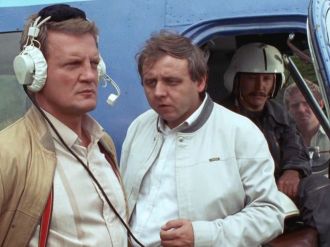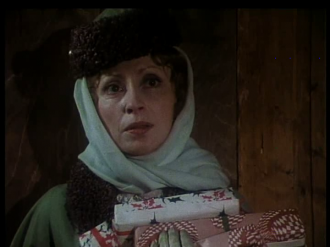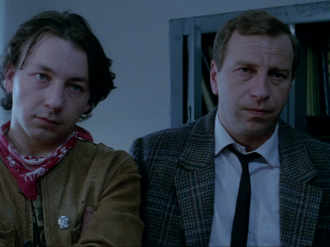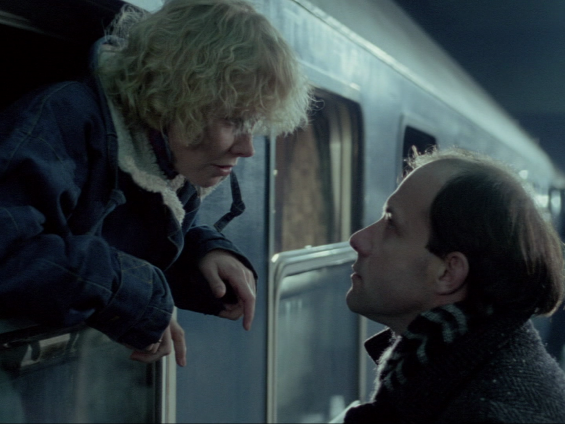- Duration:
53’
- Genre:
DRAMA
- Resolution: HD
- Year: 1988
This
original series illustrating the Ten Commandments has firmly established
Kieślowski’s international reputation. Each of the presented stories is linked
to the theme of a particular commandment. Because of its form, all viewers are
deeply moved by these movies, regardless of their views or religious beliefs.
Asked on numerous occasions why he had chosen such a hard subject, the director
replied curtly: “It’s worthwhile to be reminded of these ten very well written
sentences. There needs to be a point of reference, a definitive criterion
(...)”. The series won numerous awards at film festivals and is one of the most
recognizable Polish productions.
Two
unsuccessful suicide attempts and Artur Barciś looking at them openly and close
the episode, in which the main character, a cardiologist, cannot accept the
fact that his friend, a sexologist, diagnosed him with permanent, incurable
impotence. Roman’s wife convinces him that love does not mean only sex, but he
suggests that she should feel released from her marriage fidelity oath. The
crisis begins when Roman discovers that Hanka has had an affair with Mariusz, a
much younger lover, for a long time. The reference to the commandments of the
Decalogue, so unambiguous in Kieślowski’s films, is shown here in a surprising
way: Hanka is an object of desire of her husband and Mariusz. The test the
couple’s love is put to leads finally to its purification. The last but one
episode reveals also the working method of Kieślowski and Piesiewicz who allow
the ideas to mature: individual films, being closed narrative units are linked
and refer to each other. Roman features in the sixth part of Kieślowski’s
cycle: Tomek delivering milk in the morning meets him at the gate of the block
of flats – they both experienced difficult love. For a moment, we can see Ania
from the seventh part. A musical theme introduced by a young singer waiting for
cardiac surgery reminding the character from The Double Life of Veronique (1991) is very interesting. It
was her who inspires Roman to listen to and enjoy the music of Van den
Budenmayer, whose composition (Nymphea) opens subsequent parts of The Decalogue. A Dutch composer, a
fictitious character (the music was composed by Zbigniew Preisner), returns
in The Double Life of Veronique and Three Colours.





